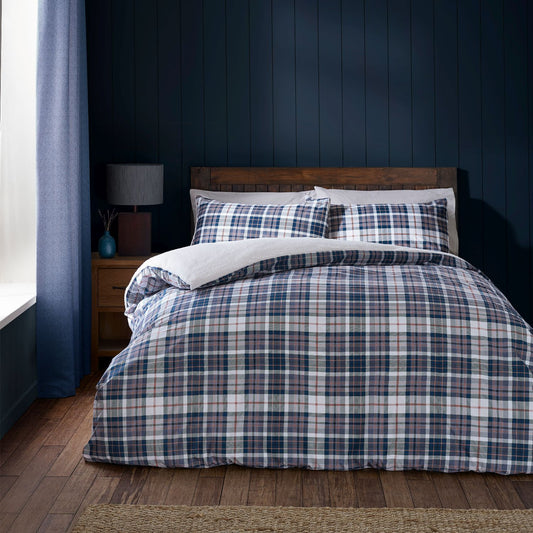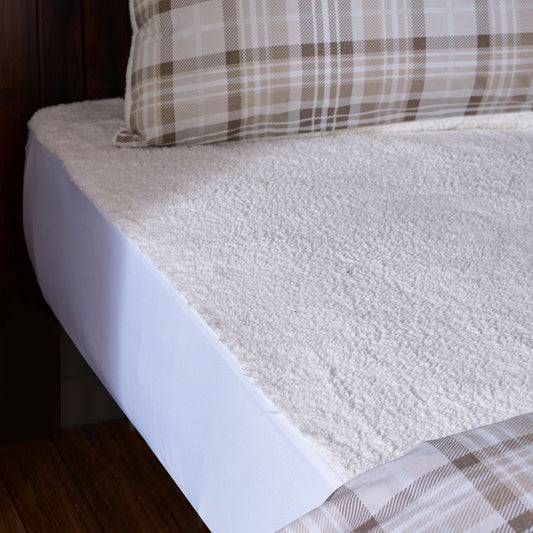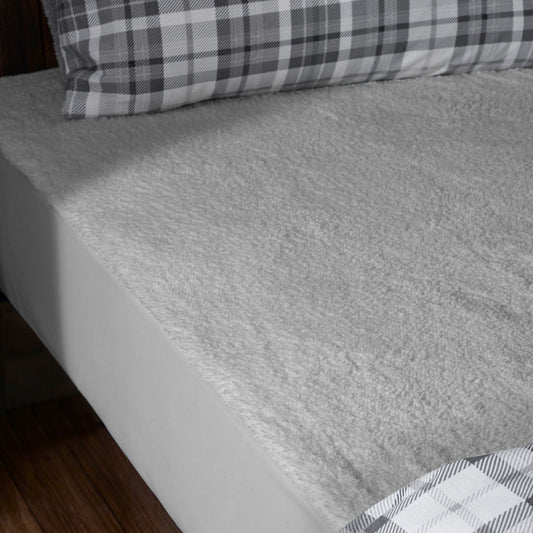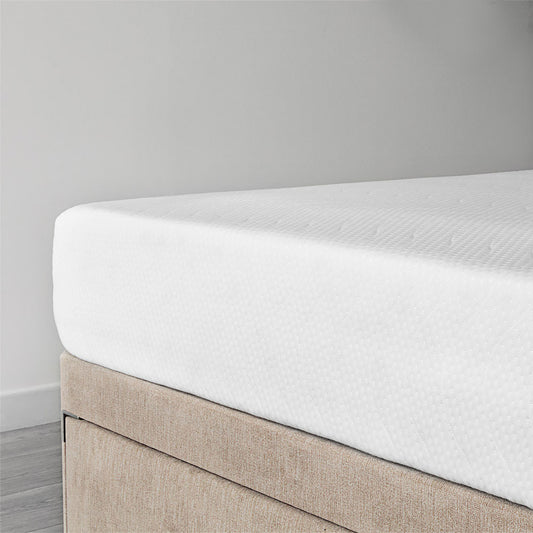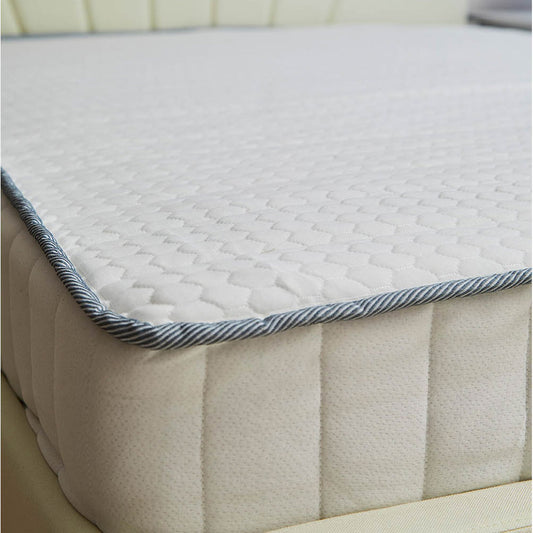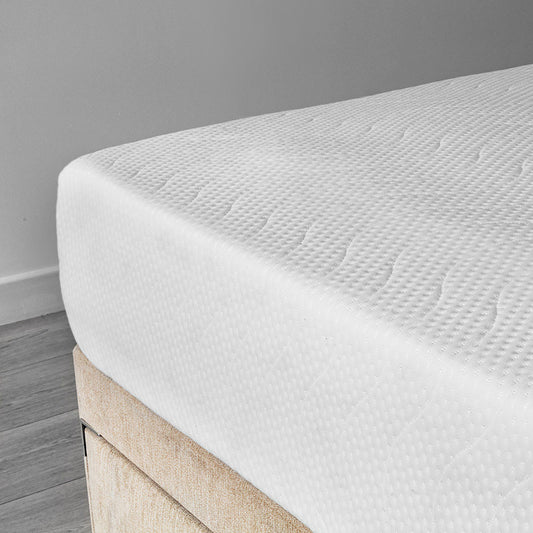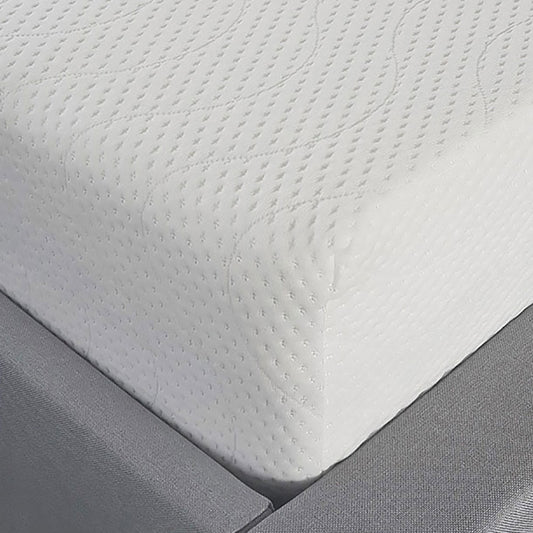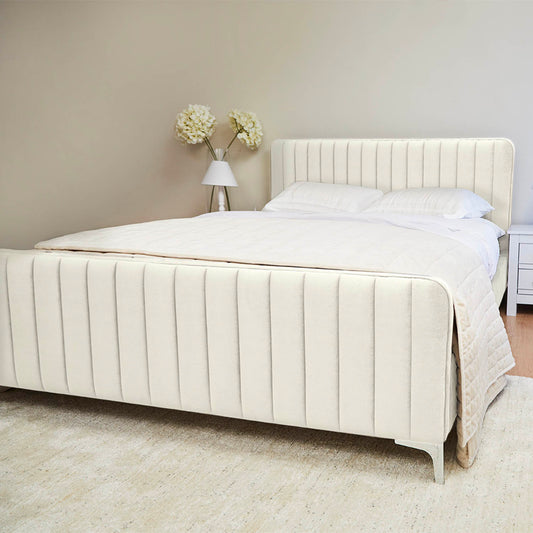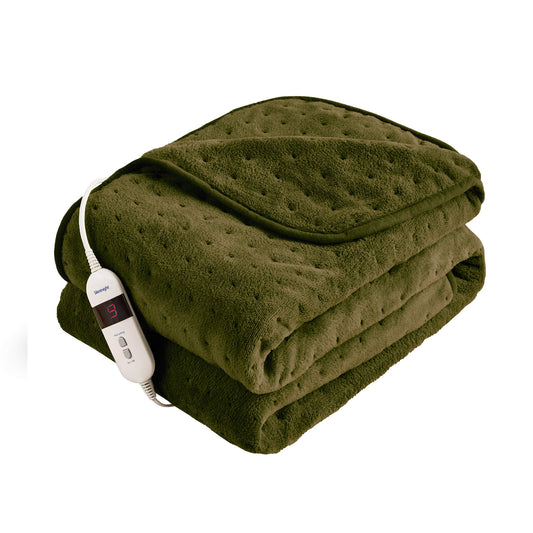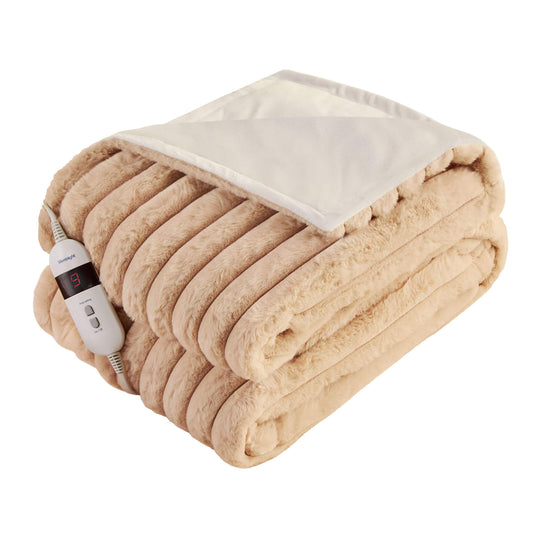Plus Get £20 OFF when you spend over £120 | Use code: GET20
You May Also Like
-
Regular price From £25.00Regular priceUnit price / per
£70.00Sale price From £25.00SKU: REGENCY-066901 Barcode: 5051709466913 -
Regular price From £30.00Regular priceUnit price / per
£60.00Sale price From £30.00SKU: OPHELIA-066085 Barcode: 5051709458758 -
Regular price From £30.00Regular priceUnit price / per
£60.00Sale price From £30.00SKU: PAISLEYP-066786 Barcode: 5051709465763 -
Regular price From £10.00Regular priceUnit price / per
£60.00Sale price From £10.00SKU: WOODLAND-066796 Barcode: 5051709465862 -
Regular price £50.00Regular priceUnit price / per
£50.00Sale price £50.00SKU: DSBD57747W22020NA Barcode: 5057681117669 -
Regular price From £30.00Regular priceUnit price / per
£30.00Sale price From £30.00SKU: DSBD55599WDQSNT Barcode: 5057681114446 -
Regular price From £30.00Regular priceUnit price / per
£30.00Sale price From £30.00SKU: DSBD55599WSQSSI Barcode: 5057681153674 -
Regular price From £25.00Regular priceUnit price / per
£25.00Sale price From £25.00SKU: DSBD58961WSQSCR Barcode: 5057681163369 -
Regular price From £25.00Regular priceUnit price / per
£25.00Sale price From £25.00SKU: DSBD58961WSQSSI Barcode: 5057681163376 -
Regular price From £20.00Regular priceUnit price / per
£20.00Sale price From £20.00SKU: DSBD42276WDQSGY Barcode: 5057681185170 -
Regular price From £20.00Regular priceUnit price / per
£20.00Sale price From £20.00SKU: DSBD42276WSQSNT Barcode: 5057681185286 -
Regular price From £20.00Regular priceUnit price / per
£20.00Sale price From £20.00SKU: DSBD42276WDQSNA Barcode: 5057681185187 -
Regular price From £25.00Regular priceUnit price / per
£25.00Sale price From £25.00SKU: DSBD60654WSQSCR Barcode: 5057681187518 -
Regular price From £30.00Regular priceUnit price / per
£30.00Sale price From £30.00SKU: DSBD32263WSQSBLH Barcode: 5057681056876 -
Regular price From £30.00Regular priceUnit price / per
£30.00Sale price From £30.00SKU: DSBD32263WSQSCR Barcode: 5057681114217 -
Regular price From £30.00Regular priceUnit price / per
£30.00Sale price From £30.00SKU: DSBD32263WSQSNT Barcode: 5057681056883 -
Regular price From £30.00Regular priceUnit price / per
£30.00Sale price From £30.00SKU: DSBD32263WSQSSI Barcode: 5057681056890 -
Regular price From £15.00Regular priceUnit price / per
£15.00Sale price From £15.00SKU: DSBD57915WUBKFSCR Barcode: 5057681132037 -
Regular price From £15.00Regular priceUnit price / per
£15.00Sale price From £15.00SKU: DSBD57915WUBKFDGY Barcode: 5057681189475 -
Regular price £40.00Regular priceUnit price / per
£40.00Sale price £40.00SKU: DSBD58961W22023SI Barcode: 5057681163277 -
Regular price £119.00Regular priceUnit price / per
£119.00Sale price £119.00SKU: DS125CMMATT Barcode: 5060620732465 -
Regular price From £149.00Regular priceUnit price / per
£149.00Sale price From £149.00SKU: DSCHALFONTBLKSIN Barcode: 765829564958 -
Regular price £30.00Regular priceUnit price / per
£30.00Sale price £30.00SKU: DS701978 Barcode: 5053423292229 -
Regular price From £299.00Regular priceUnit price / per
£299.00Sale price From £299.00SKU: DSARMITAGEGREDBL Barcode: 5056581698384 -
Regular price From £199.00Regular priceUnit price / per
£199.00Sale price From £199.00SKU: DSPOCKET1000DBL Barcode: 5060620732557 -
Regular price £169.00Regular priceUnit price / per
£169.00Sale price £169.00SKU: DSHOUSEWHT Barcode: 5056367916558 -
Regular price From £129.00Regular priceUnit price / per
£129.00Sale price From £129.00SKU: DSMEM15DBL Barcode: 5056581698858 -
Regular price From £349.00Regular priceUnit price / per
£349.00Sale price From £349.00SKU: DSLOXLEYCRSHSILVKNG Barcode: 5056581652416 -
Regular price From £199.00Regular priceUnit price / per
£199.00Sale price From £199.00SKU: DSCOOLMAX20DBL Barcode: 5060620732472 -
Regular price From £179.00Regular priceUnit price / per
£179.00Sale price From £179.00SKU: DSROSTHERNEWHTSIN Barcode: 5060620730034 -
Regular price £169.00Regular priceUnit price / per
£169.00Sale price £169.00SKU: DSTREEHOUSEWHT Barcode: 742185023121 -
Regular price £229.00Regular priceUnit price / per
£229.00Sale price £229.00SKU: DSBEAUPINKSIN Barcode: 752190767194 -
Regular price £169.00Regular priceUnit price / per
£169.00Sale price £169.00SKU: DSHOUSEPINE Barcode: 742185025965 -
Regular price £169.00Regular priceUnit price / per
£169.00Sale price £169.00SKU: DSHOUSEGREY Barcode: 742185025958 -
Regular price From £299.00Regular priceUnit price / per
£299.00Sale price From £299.00SKU: DSARMITAGEECRUDBL Barcode: 5056581698445 -
Regular price From £129.00Regular priceUnit price / per
£129.00Sale price From £129.00SKU: DSHARTFIELDBLKDBL Barcode: 765829564903 -
Regular price £45.00Regular priceUnit price / per
£45.00Sale price £45.00SKU: DS701867 Barcode: 5053423291567 -
Regular price From £22.00Regular priceUnit price / per
£22.00Sale price From £22.00SKU: DS599313GE Barcode: 5012701599313 -
Regular price From £40.00Regular priceUnit price / per
£40.00Sale price From £40.00SKU: DS601894GE Barcode: 5012701601894 -
Regular price From £35.00Regular priceUnit price / per
£35.00Sale price From £35.00SKU: DS602105GE Barcode: 5012701602105 -
Regular price From £35.00Regular priceUnit price / per
£35.00Sale price From £35.00SKU: DS602136GE Barcode: 5012701602136 -
Regular price £28.00Regular priceUnit price / per
£28.00Sale price £28.00SKU: DS445351GE Barcode: 5012701445351 -
Regular price From £65.00Regular priceUnit price / per
£65.00Sale price From £65.00SKU: DS601573GE Barcode: 5012701601573 -
Regular price £50.00Regular priceUnit price / per
£50.00Sale price £50.00SKU: DS599061GE Barcode: 5012701599061 -
Regular price £35.00Regular priceUnit price / per
£35.00Sale price £35.00SKU: DS601566GE Barcode: 5012701601566 -
Regular price £29.99Regular priceUnit price / per
£29.99Sale price £29.99SKU: DS592130GE Barcode: 5012701592130 -
Regular price £70.00Regular priceUnit price / per
£70.00Sale price £70.00SKU: DS599092GE Barcode: 5012701599092 -
Regular price £45.00Regular priceUnit price / per
£45.00Sale price £45.00SKU: DS599078GE Barcode: 5012701599078 -
Regular price £60.00Regular priceUnit price / per
£60.00Sale price £60.00SKU: DS599139GE Barcode: 5012701599139 -
Regular price £70.00Regular priceUnit price / per
£70.00Sale price £70.00SKU: DS599108GE Barcode: 5012701599108
Subtotal
£0.00 GBP
★
Trustpilot
7.7K reviews

Secure Payments:













